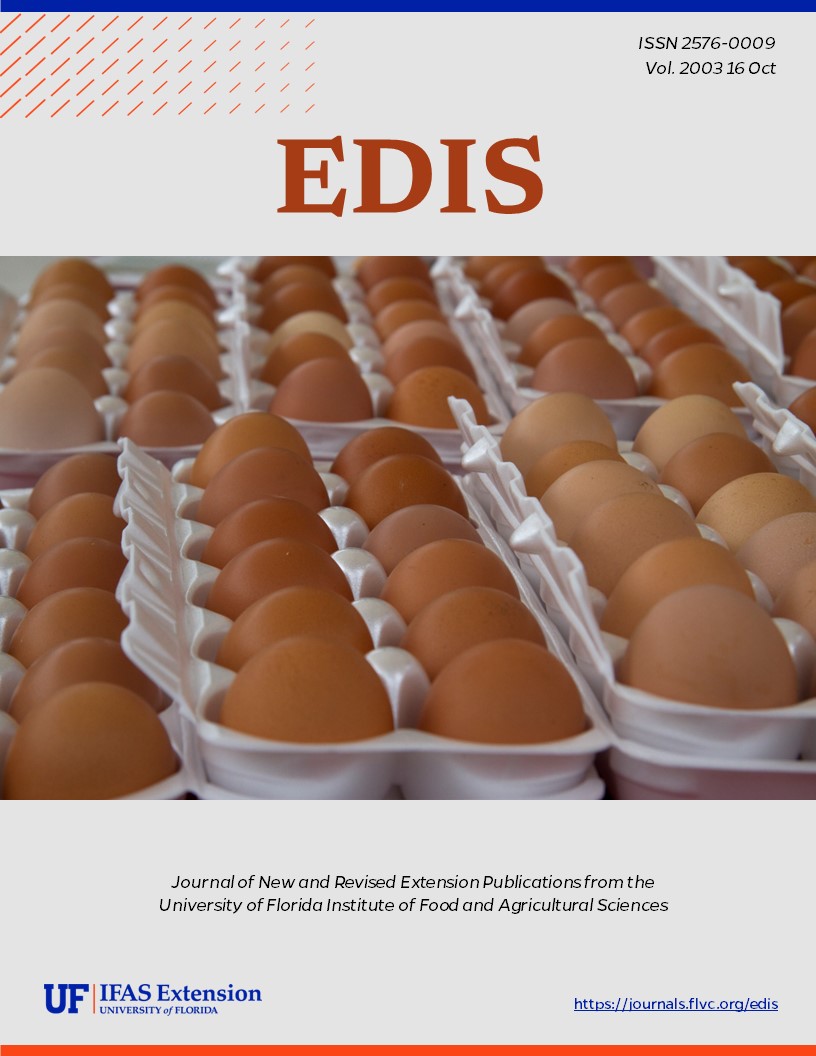Abstract
One of the four native American commercial crops of global importance, sunflowers are grown for oil seed, snack seed, birdseed, and garden flowers. In addition, they are now widely grown for cut flower production as a specialty cut flower. Sunflowers are drought tolerant, grow in full sun, and grow in a wide range of soil conditions as annuals and perennials. They are used in the landscape for borders, screening, or in containers. Many cultivars are available in colors that range from yellow to bronze, red, or cream. New cultivars have been introduced especially for bedding and cut flower use, as the familiar old cultivars and agronomic oil seed types
are not well suited for these purposes. With proper cultivar selection, the flowering season in Florida is long and limited only by freezing temperatures. This document is ENH885, one of a series of the Environmental Horticulture Department, Florida Cooperative Extension Service, Institute of Food and Agricultural Sciences, University of Florida. Original publication date February 23, 2003.
References
Armitage, A. 1993. Cut Flowers. Press, Portland, OR. 372 p.
Byczynski, L.The Flower Farmer: An Organic Grower's Guide to Raising and SellingCut Flowers. Chelsea Green, Vermont. 207 p.
Gast, K. 1995. Production and Postharvest Evaluation of Fresh Cut Sunflower. Report of progress 751. http://www.oznet.ksu.edu/library/hort2/SRP751.PDF
Gill, S., E. Dutky, R. Balge, W. MacLachlan, and S. Klick. 1997. Producing Annual Sunflowers as Cut flowers. University of Maryland Cooperative Extension Service, Fact Sheet 686. p.1-8.
Smith, Tina, and Neal, Joseph C. 2002. Weed management for outdoor cut flowers. University of Massachusetts Extension Service. http://www.umass.edu/umext/programs/agro/floriculture/floral_facts/cutweed.html
Starman, T., T. Cerny, and A. MacKenzie. Productivity and profitability of some field grown specialty cut flowers.HortScience. October. p. 1217-1220. https://doi.org/10.21273/HORTSCI.30.6.1217
Unless otherwise specified, articles published in the EDIS journal after January 1, 2024 are licensed under a Creative Commons Attribution-NonCommercial-NoDerivs 4.0 International (CC BY-NC-ND 4.0) license.

